PHOTO ESSAY: Panama's sinking islands
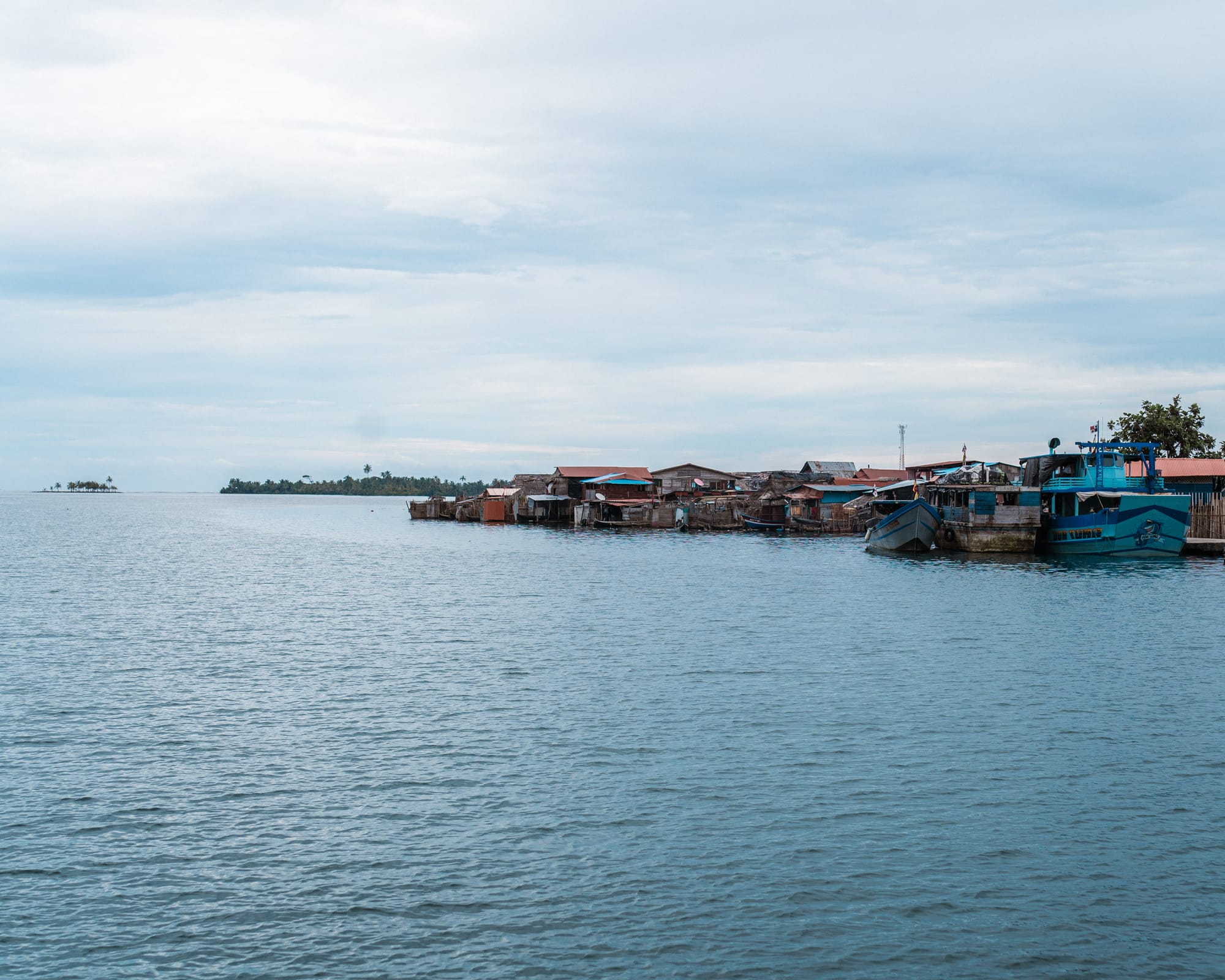
Under a new finance goal adopted at the COP29 climate summit last week, wealthy nations have agreed to channel at least $300 billion a year to accelerating climate action in developing countries by 2035.
UN climate chief Simon Stiell described the new finance goal as 'an insurance policy for humanity'. Poor countries called it a 'slap in the face'.
The new goal, which kicks in from 2026, replaces the existing annual target of $100bn – a figure which was met two years late in 2022, and is widely seen as insufficient to help poorer countries make the shift to clean energy and adapt to extreme weather and rising seas.
In January of this year residents of Gardi Sugdub, a small island in Guna Yala, Panama, made headlines when rising sea levels forced them to become the Americas' first climate refugees. Now, with the region on the frontlines of worsening climate change, many of their island neighbours could face the same fate.
'If we stay here, the consequences will be terrible,' says Ovidio Guillen a resident of the island. 'We have tried to move the community inland, but we don’t have the money.'
Unlike residents of Gardi Sugdub who were relocated to the mainland in May, Playón Chico is receiving no government support to facilitate such a move. Their situation is not an isolated one — the ministry of environment has identified 63 more coastal communities that are at risk.
As rising sea levels creep further towards their homes, Panama's island residents must not be forgotten.
— Euan Wallace (@euan_wallace)
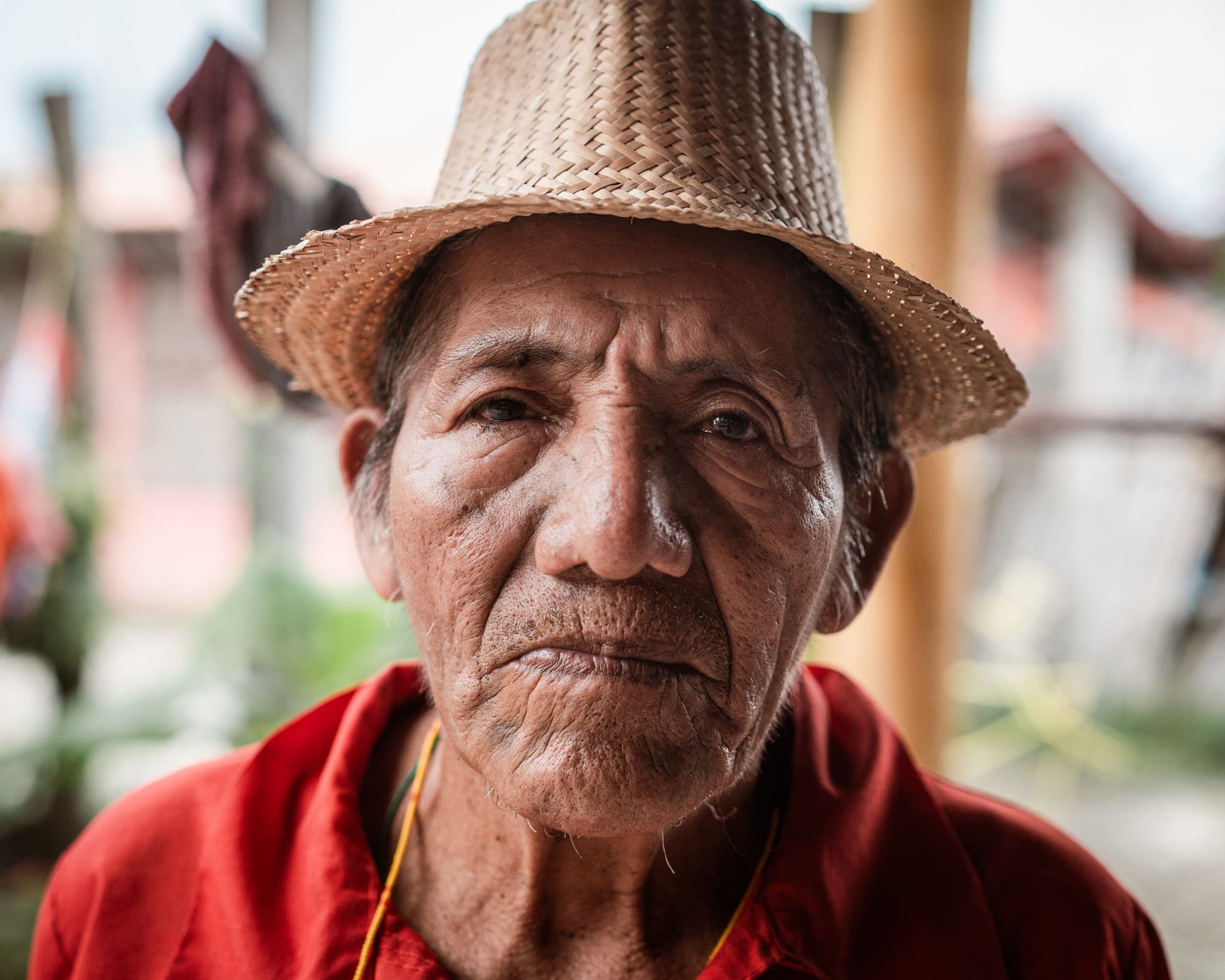
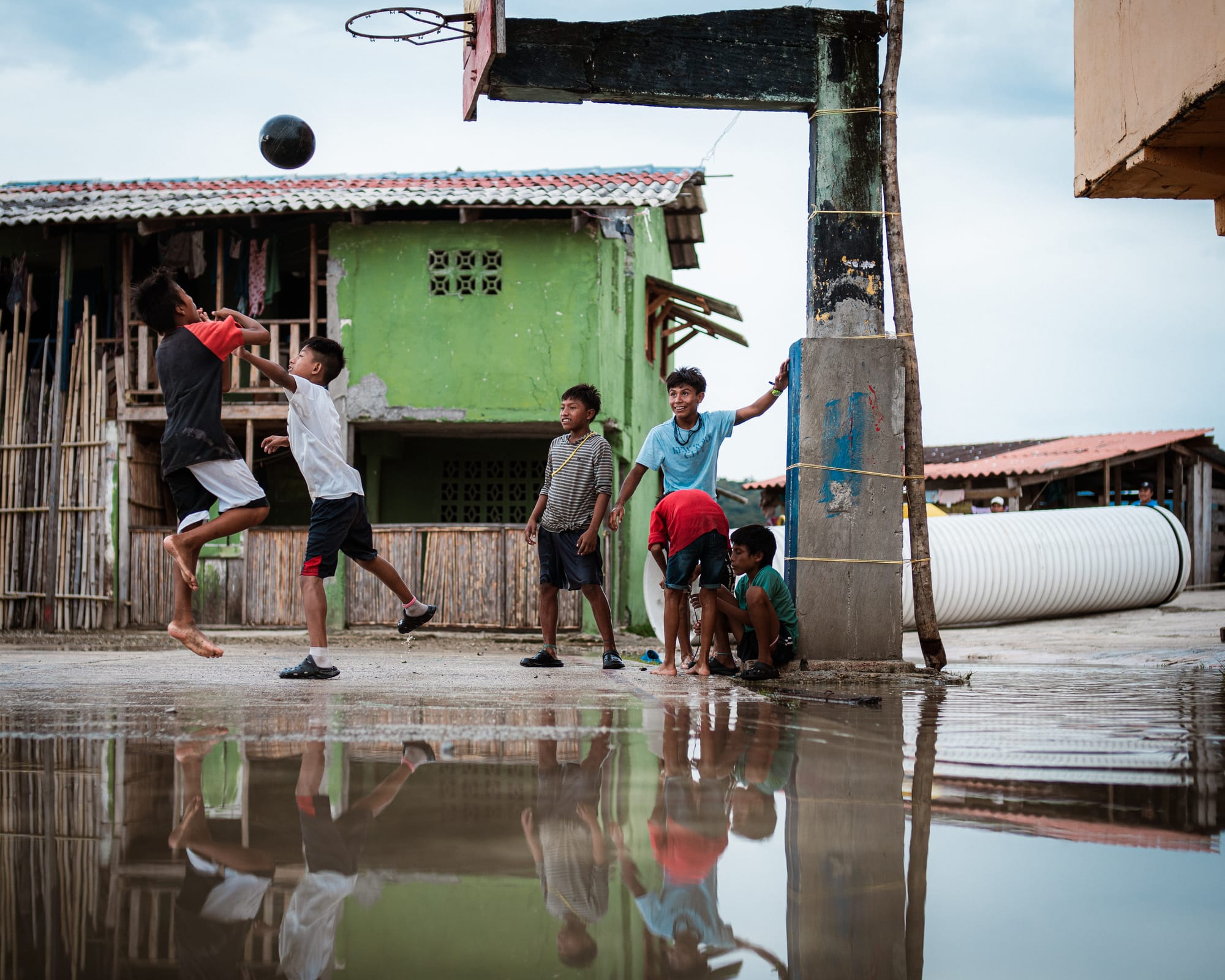
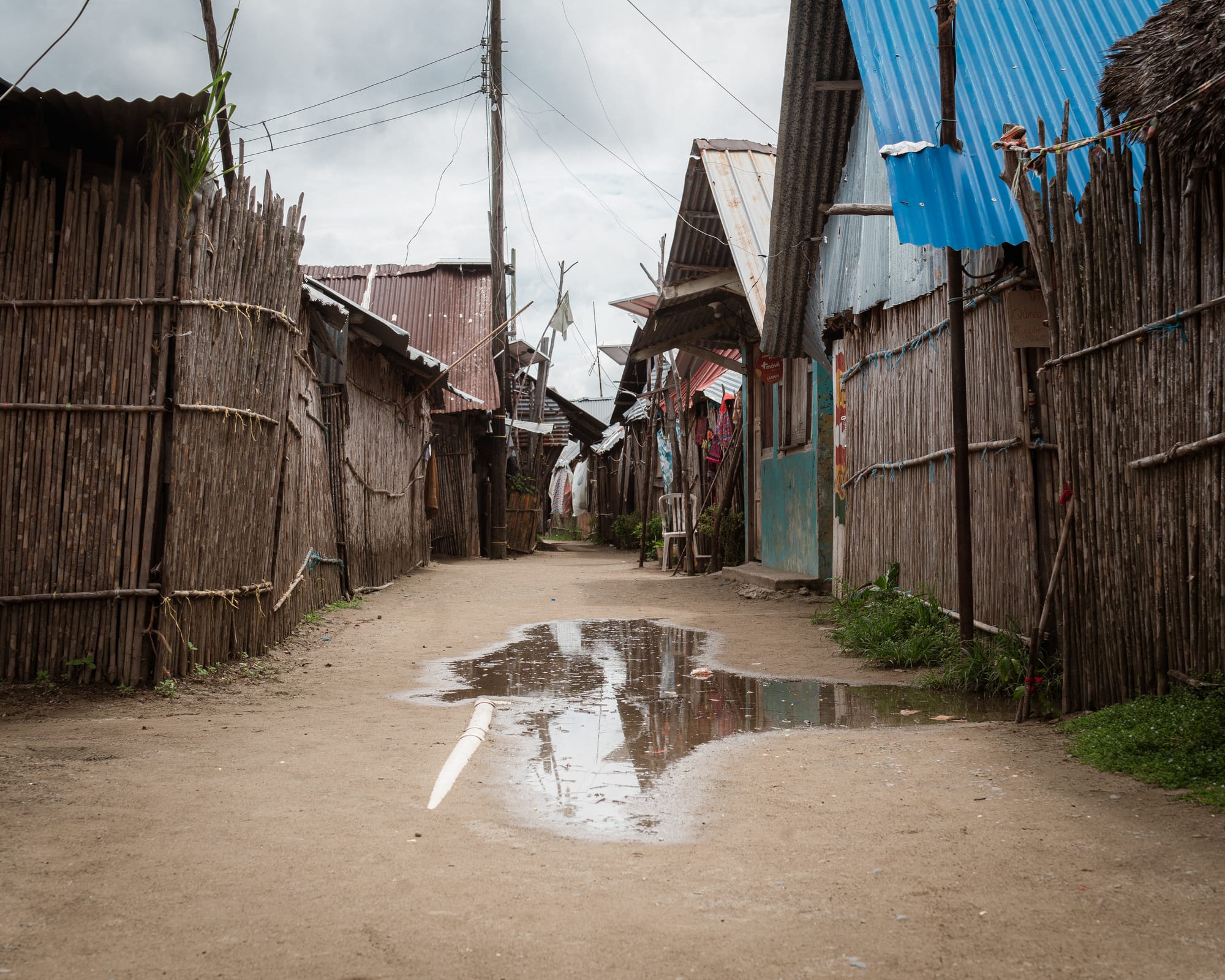
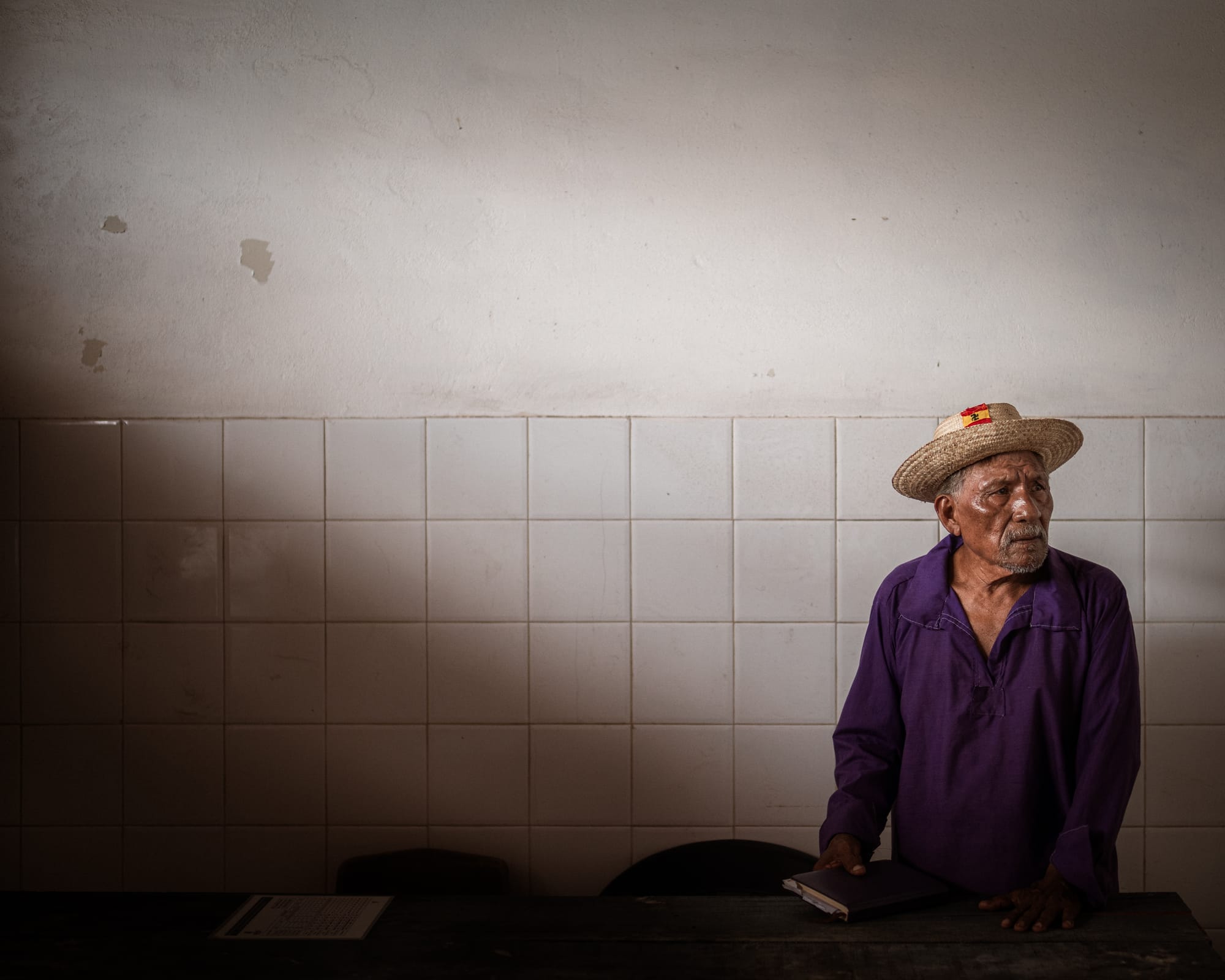
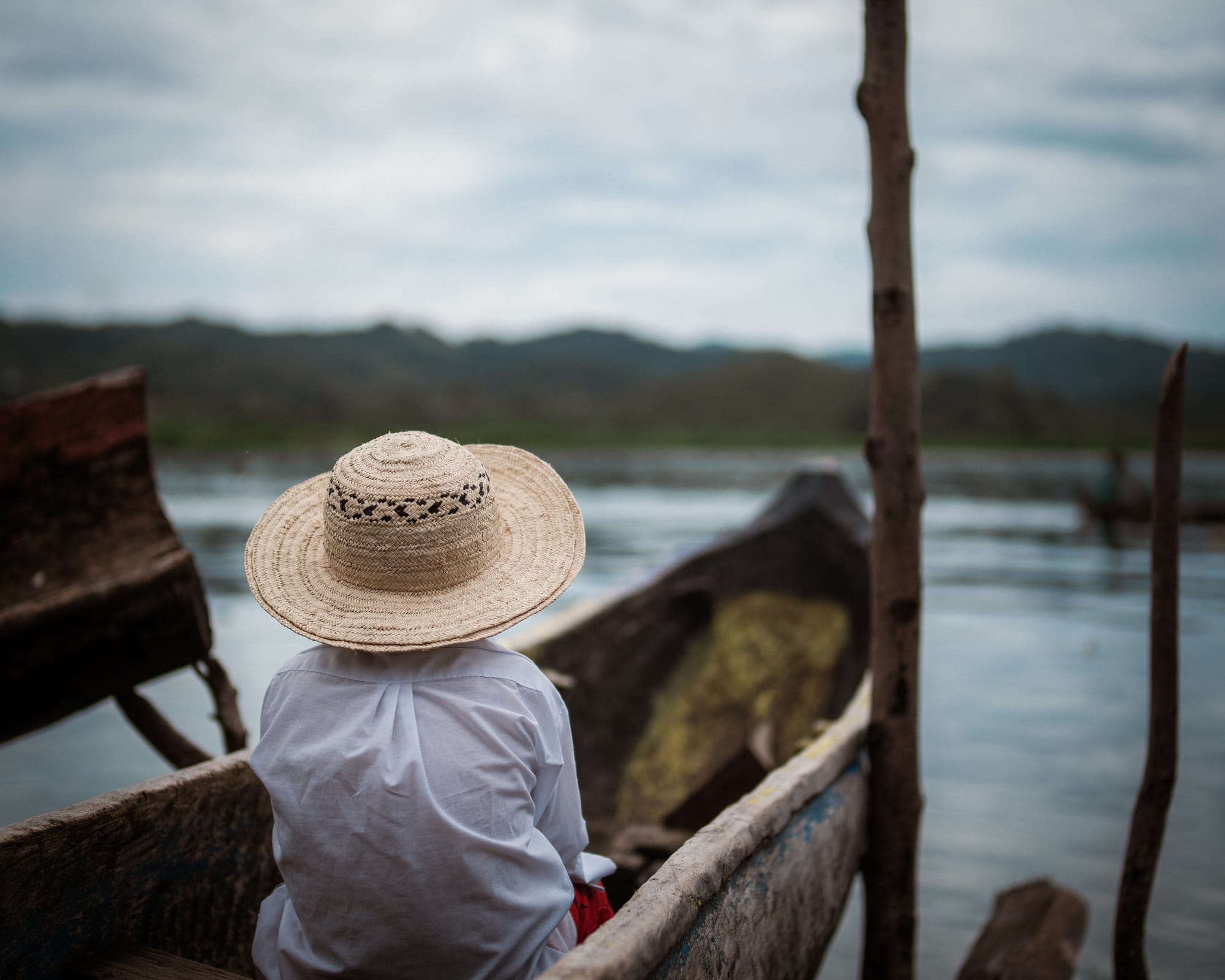
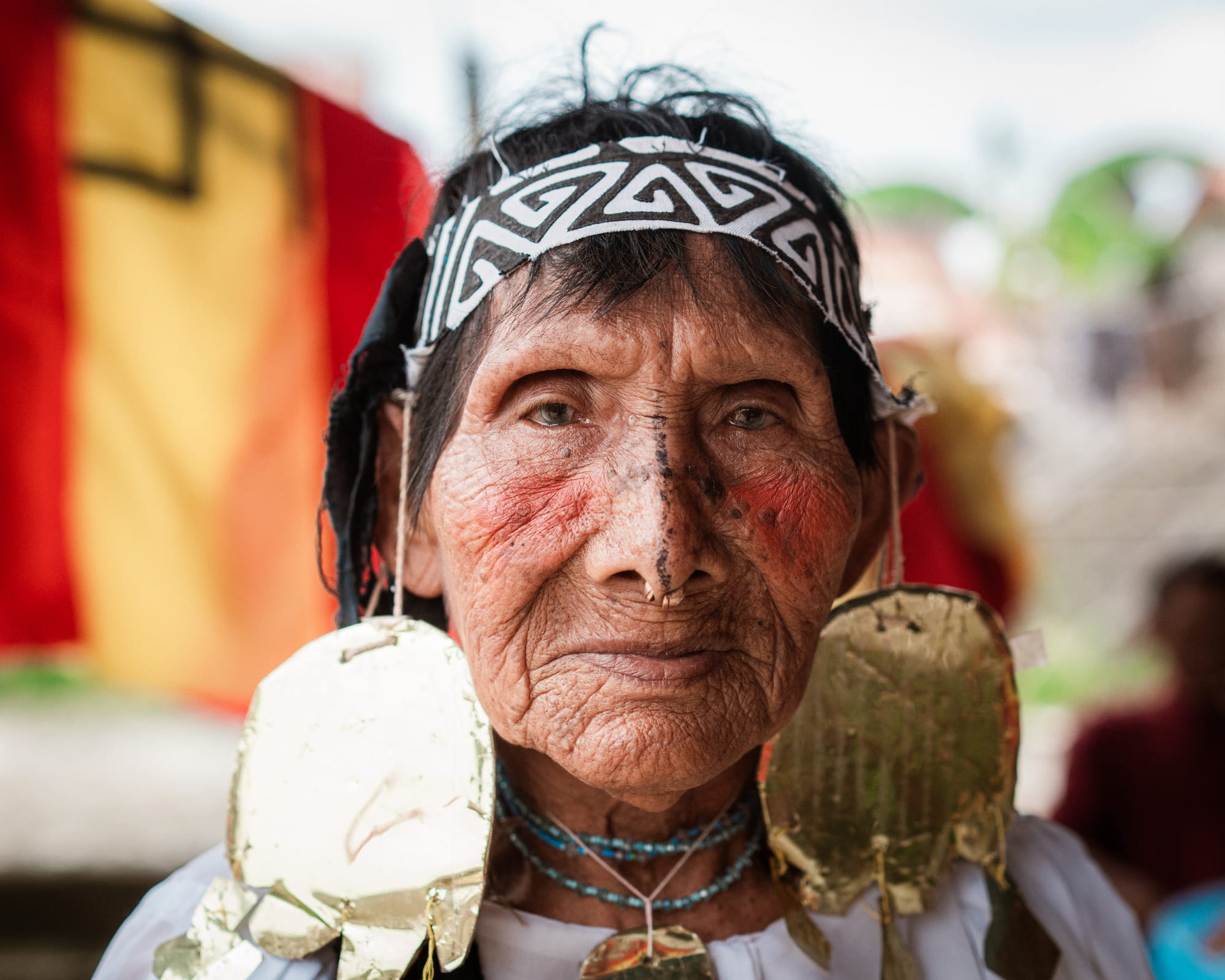
📰 Read more about coral bleaching in the Guna Yala islands and why this signals a major problem with rising ocean temperatures
👉 Share: UNHCR's Climate Resilience Fund to support climate refugees globally
✅ Follow: Congresso General Guna, a group that represents the Guna people’s interests in Panamanian government. They organize various cultural activities and administer all islands in Guna Yala.
It's Giving Tuesday! If you want to donate to independent, co-operative media please consider supporting us with a tip.
Are you a freelancer? Pitch us a story.
Looking for more from New Internationalist? Listen to our new podcast The World Unspun.

